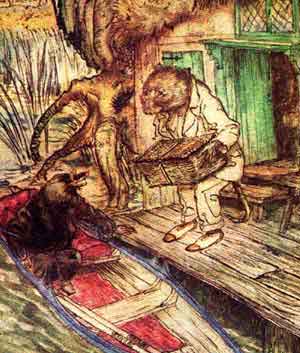Cast a Cold Eye
But a generous one, and just to get to read Charles Taylor on anything right now is a reward. Here he is in Newsday on the Jane Fonda memoir. I have not understood why so many of the other reviews of My Life So Far have failed to even acknowledge Fonda's achievements as an actress - in "They Shoot Horses, Don't They?" and in "Klute" especially. As Taylor says, "In those films, her apex, Fonda mixed tough straightforwardness with emotional depth better than any American actress since Barbara Stanwyck."
He also notes that those performances coincided with her period of naive political activity - but, fuck, if she hadn't been a star, doing her best work, few people would have paid much attention to her tour of North Vietnam, or invested in her their own hostility - she's the star/dupe, not dumb, but not equipped to handle the enormous complexity of a war that divided this nation at the very highest levels of command. She was in way over her head, and she was not alone. Check out Mary McCarthy in the same period - and she was, supposedly, no fool. Just not a movie star..
We lost a lot from nailing Fonda as an enemy affiliate (a reflexively stupid characterization from anyone who makes it, embarrassing if they can stand still and think for 30 seconds); but on the basis of this and other reviews and interviews, Jane did, too - there may be nothing worse for an artist than believing they might find repentence in good works and bad movies. Like Charley, I wish her well, but need we give her a hand with that lash?
Subscribe to:
Post Comments (Atom)

2 comments:
Thanks for the heads up on Taylor's review. I wouldn't have found it. Taylor was one of the best writers to come out of the Salon stable.
I'm suprised though that he was taken aback by Jane Fonda's narrative style. The way he describes her writing sounds like the way she has talked about herself and her life in all the interviews with her I've read and seen.
Doesn't sound like a book I'm going to read. It's too bad she didn't take as her model her father's autobiograhy, which is one of the best by an actor going. Henry dealt with his personal life in a way candid enough to please gossip mongers---and in a way that must have been terribly painful for him---but he did it as an aside to examining his career as an actor, which he understood, was the only reason anybody knew or cared who he was.
From what Taylor writes, I'd say Jane thinks it's the other way round, that people went to her movies because they were interested in her private life.
Considering the times in which she came into her prime versus her father's day, though, she may be right.
I am such a fan of Charley's, I can't help but root for him.
As to the Fonda book, looking over the piece, I don't think it's her style (as narrator or writer or whatever - I assume there was at least some ghosting, anyway) that CT questions, it's the conception of her own experience. I'm unlikely to read the book, either; I'm still enough of a New (now Old) Critic to be more interested in an actor's performances as an actor than what they decide to cough up as an amateur writer. However, I think what Charley's getting at is that Jane is all too much reflecting the solipsism (as distinct from a star's egotism) that has characterized her era - and which, as you note, is not so evident in her Dad's book. I think he really finds it a shame that she couldn't bust out of that slippery kind of introspection and be more coolly analytical.
Geez, I've had my therapy, so I know what the side-effects are, but you have to snap out of that self-conscious, confessional state eventually; anyone else who's been though it recognizes it, sympathizes with you, and can't wait until it passes and your feet touch ground again. But you're right - it's the Age of Oprah (who, don't get me wrong, has considerable virtue), and there's always another issue to deal with - gotta grow, u know.
Addendum: I caught a chunk of her hour with Russert - maybe she didn't have a ghost!
Post a Comment